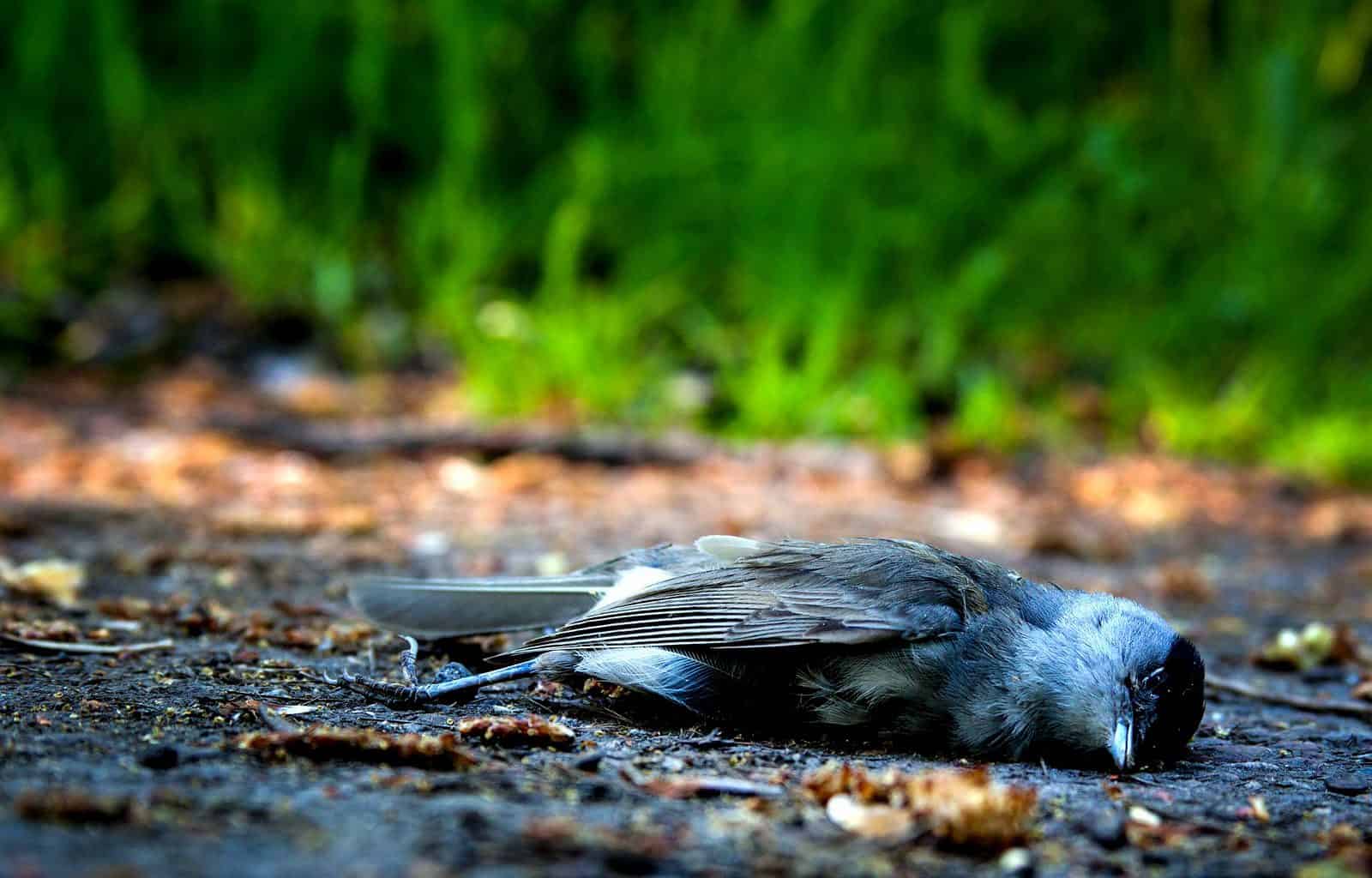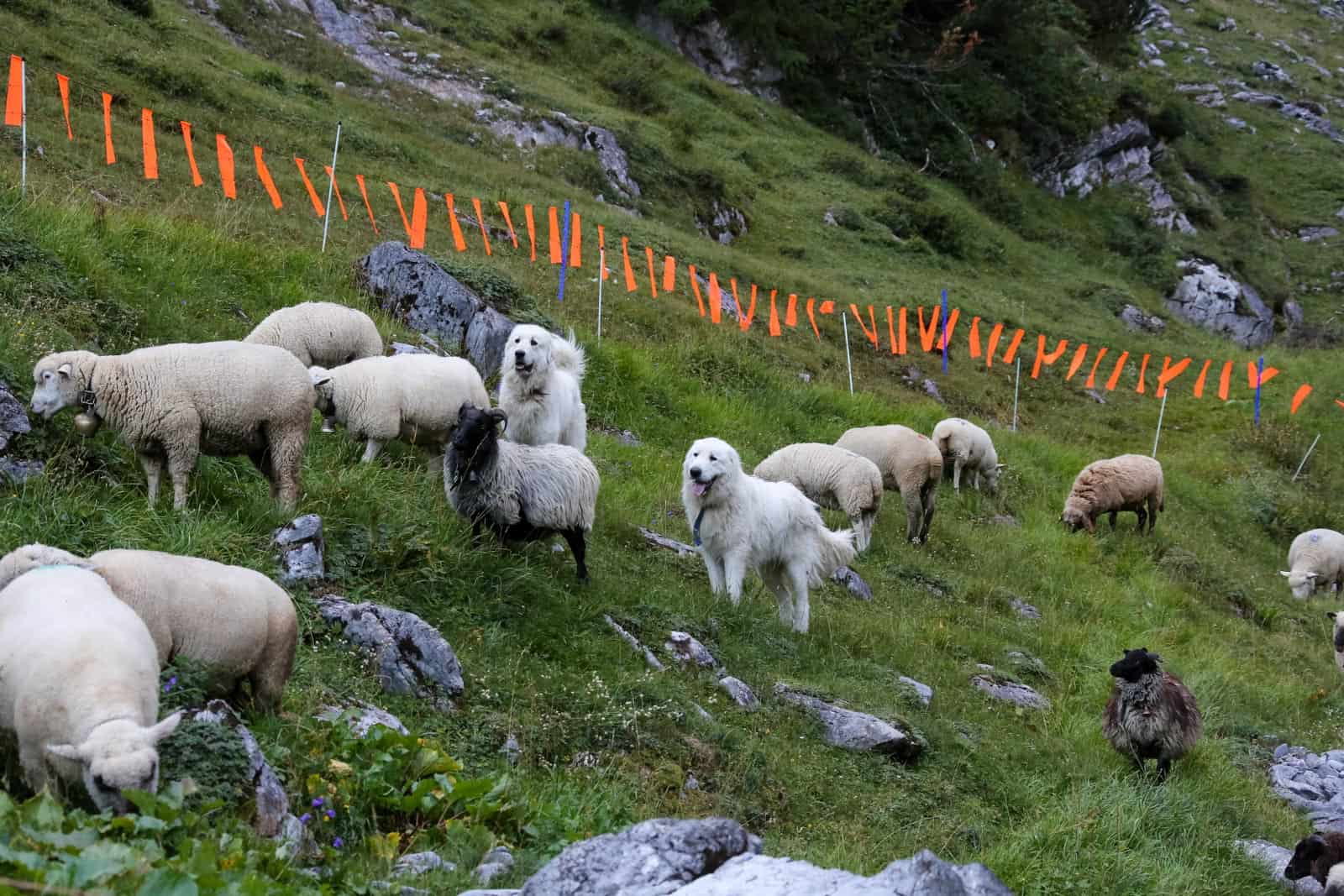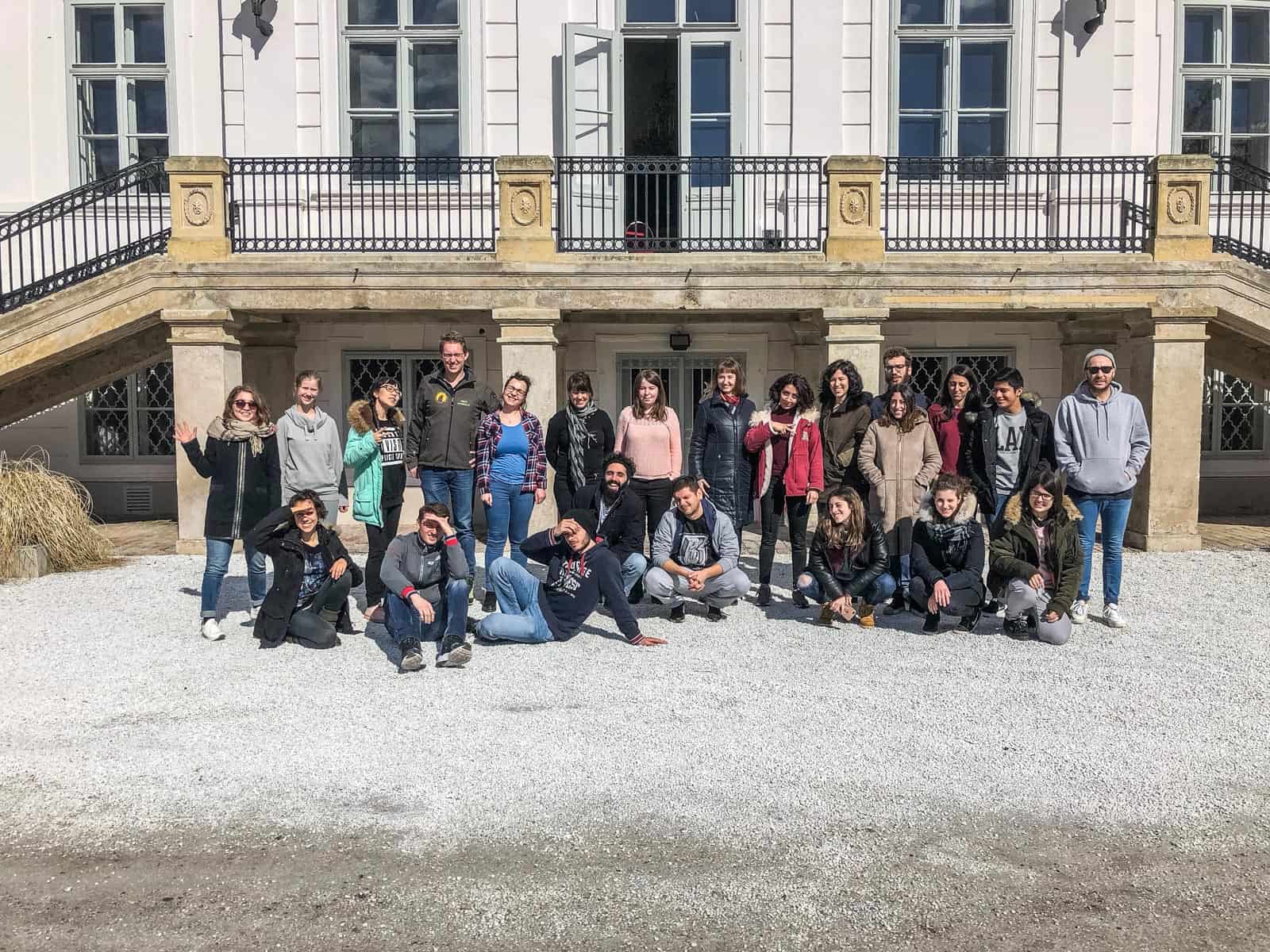Final warning for France to outlaw glue trapping as a way to slaughter songbirds
The European Commission has issued a final warning to France, one of the last countries on the continent where the brutal trapping of birds with glue is still legal. France has been given the deadline of October to outlaw the practice definitively. However, the hunting community strongly argues that the so called chasse à la glu is a centuries-old tradition of trapping birds in the rural France, which has to be continued.
Please also read: Worldwide bird declines – on the way to the second silent spring
Holding on to a ‘barbaric’ tradition
The method of using glue sticks to catch birds has been outlawed in Europe since the Birds Directive in 1979. However, the exception of “hunting of wild birds during the periods when they receive particular protection” was made for specific circumstances, only when the practice is “controlled, selective and in limited quantities”. Since 1989, France has invoked these circumstances, citing the clause that the Court declared that the hunting of wild birds for recreational purposes during periods of particular protection may be permitted under the Directive. Glue trapping has therefore been allowed in five locations, where the practice is considered traditional.
However, the French Bird Protection League (LPO) has called the method ‘barbaric’. They published clear evidence from hidden cameras, that capture that the practice is not selective. It also does not take place in controlled, limited quantities, not even taking into consideration endangered species. The footages show robins, titmouse and finches, among others, struggling on the branches covered more and more with glue, as well as how the hunters tear them down and throw them away. This has finally persuaded the European Commission to step in. Now, until October France has to set in law a ban on the practice.
We’ve concrete evidence that sometimes the bird is struggling for 20–30 minutes. To remove them from the sticks, they spray them with petrol or acetone, which is toxic, and if it’s not a species they’re allowed to trap they often throw the bird away like a stone.

Hunters refer to glue-trapping as part of several family generations. They reject the accusations of brutality or cruelty and argue that the filmed trappers are a minority. There are about 6,000 licensed glue-trappers of songbirds in the Provence-Alpes-Côte-d’Azur region. These hunters are allowed to hunt between beginning of October and mid-December. According to them, hunters are quick to remove all stuck birds. They release those which are not permitted to trap – such as blue tits, robins and warblers. If they are one of the five species that are allowed to catch (four thrush and a blackbird), they are caged.
French government in a crossfire
According to the French Bird Protection League, 40,000 birds are captured by glue traps each year. They have strongly urged the government not to give in to the hunting lobby. According to them, most of today’s hunters are not rural people anymore. “Besides, not all traditions should be defended. Hunting with glue sticks is an abomination” added Verilhac from the League.
Representing the other side, Willy Schraen, president of the Hunting Federation told FranceInfo, that hunters will take legal action if the Minister decides to obey the warning of the Commission.
I hope the minister will not listen to the sirens in Brussels and will remain true to what France, with its traditions and strong values, represents. This is a very ancient way of capturing birds…We will legally defend glue-trapping because it is a symbol [of our culture].

Yves Verilhac made a very important point. Just because something is a tradition, that doesn’t justify its continuation. Traditions span across generations, however, generational habits as well as individual habits may result in conscious or unconscious negative impacts. We all must realise, that – as there are plenty of supporting examples – there are certain things more important than tradition. If the tradition is for the betterment of the society, then it might be a strong ground for its continuation. However, if the practice leads to the further destruction of our natural environment, no argument should prevail to continue such tradition.









